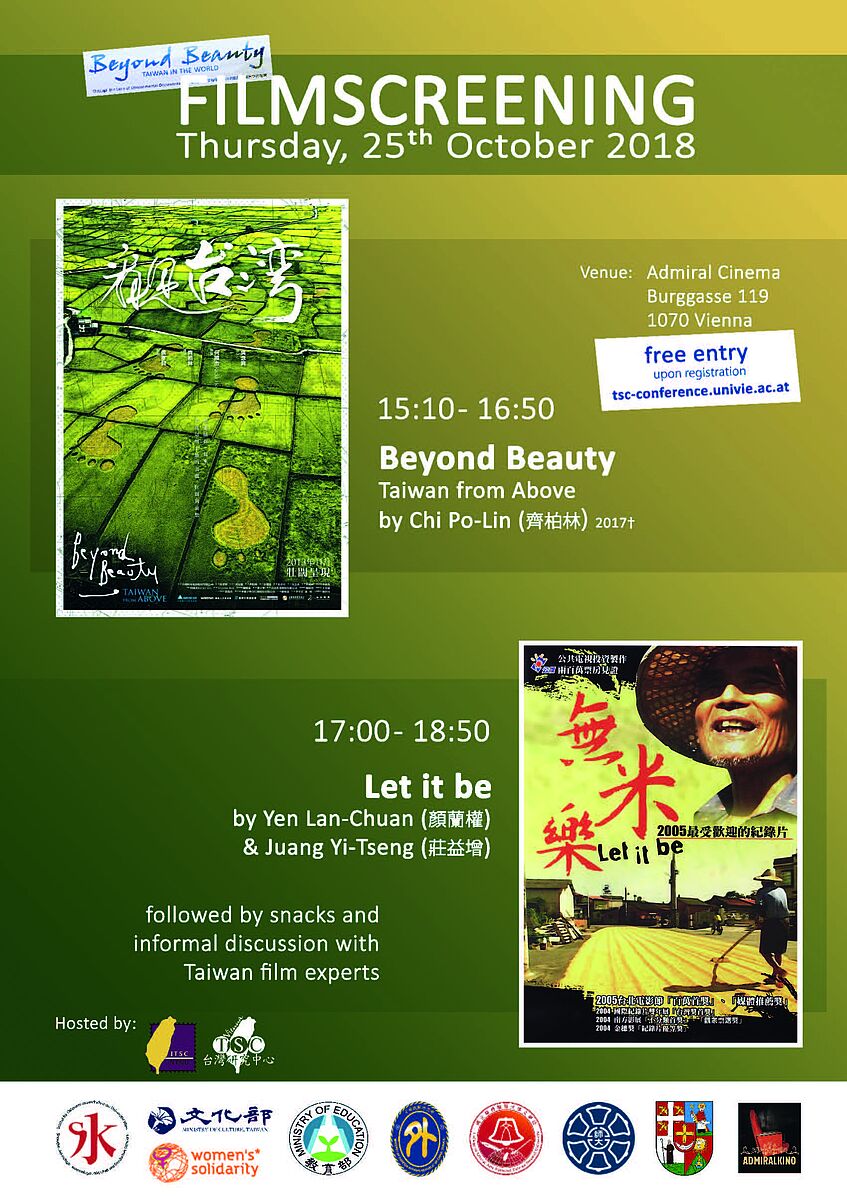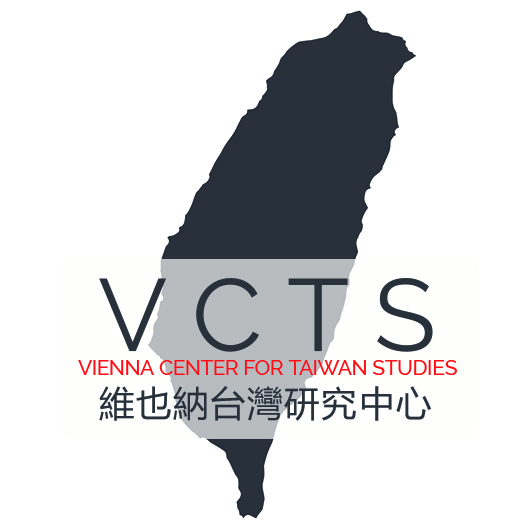Beyond Beauty: Taiwan From Above 2013
Director: Chi Po-lin
Narrator: Wu Nien-jen
Producer: Hou Hsiao-hsien
Music: Ricky Ho
First aerial documentary from Taiwan, inspired by Yann Arthus-Bertrand’s “Home” (2009).
The film juxtaposes the island’s breathtaking natural scenery with its alarming despoliation by human greed and negligence. The pic managed to raise widespread media and public consciousness at home with its tough-love attitude and fresh cinematic angle and became Taiwan’s highest-grossing domestic documentary. The film won the Golden Horse Award for best documentary and inspired a Facebook post by then-President Ma Ying-jeou, announcing that the government would start work on 16 of the environmental problems highlighted by the film.
Combining extensive knowledge of Taiwan’s geography (drawn from a long stint at the National Highway Engineering Bureau) with 20 years’ experience as a professional aerial photographer, Chi spent about 400 hours’ flying time over three years to capture his images. Via the sincere, approachable voiceover of masterful Taiwan New Waves creenwriter-helmer Wu Nien-jen (“A Borrowed Life”), the narration, though often mournful, also evokes a Chinese-style poetic romanticism.
The score by Singapore’s Ricky Ho (“Warriors of the Rainbow: Seediq Bale”), which features three aboriginal songs written by “Warriors” pastor-turned-lead-actor Lin Ching-tai, brim with uplifting spirituality, especially when sung by a choir that appears to have been airdropped onto an unnervingly tall mountain peak.
Let it Be 2004
(Literally happiness without rice)
Directors: Yen Lan-chuan (顏蘭權) and Jhuang Yi-zeng (莊益增)
This documentary records the lives of several old farmers (peasants) in Chheⁿ-liâu Village, Āu-piah (i.e., Houbi Township), Tainan County (now part of Tainan City). The film differs from other social realist documentaries: Instead of a defined plotline the directors employ post-modernist collage techniques, arranging fragments of farm-village life along a temporal axis based on the traditional Chinese 24 Solar Terms.
Meant for urban viewers, douli bamboo hats and water buffalo provide symbols of the rural, 'real' Taiwan. At the macro level, the film records the whole process of farming from sowing to harvest. At the micro level, the ncameraclosely observes, like an anthropologist, every detail of rural labor.
The documentary generated discussion and debate within in the Taiwanese civil society about the impact on agriculture, because of its membership in the World Trade Organization from 2000, when Taiwan rice-growers were unable to compete with low-priced agricultural inputs. It is also a historical document, a record of the resilience and impoverishment of agricultural communities.

